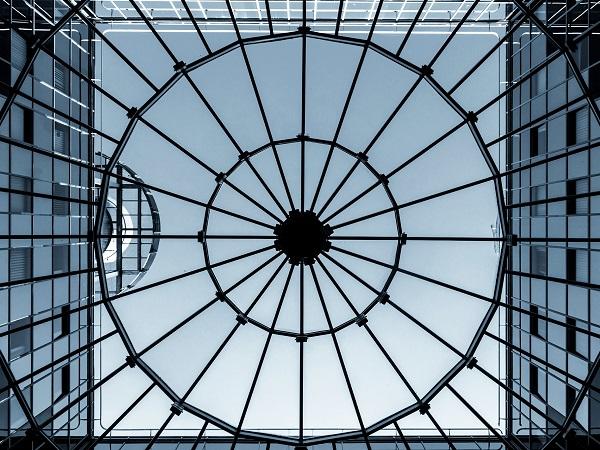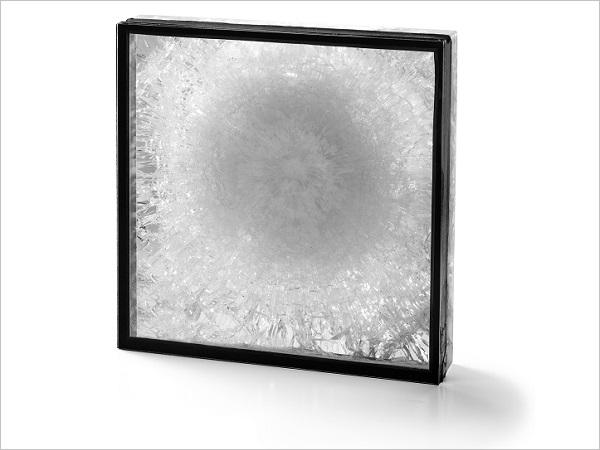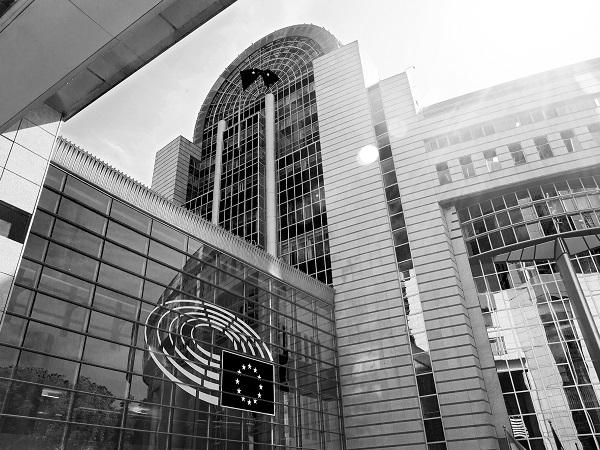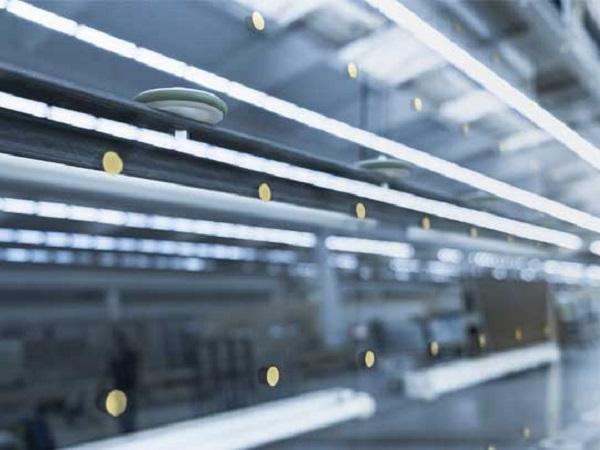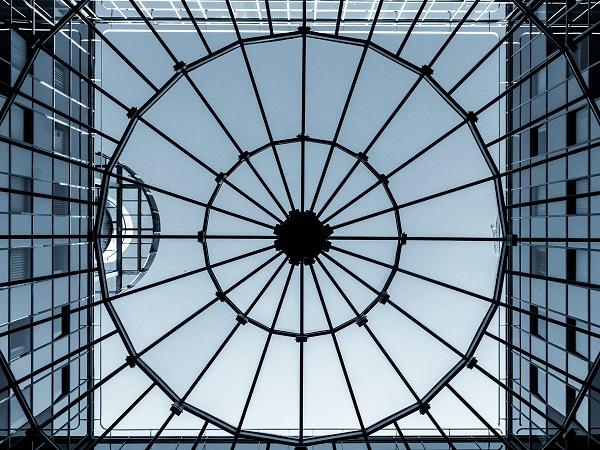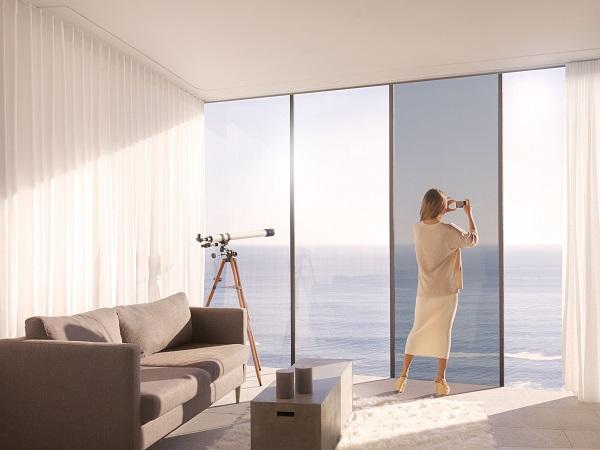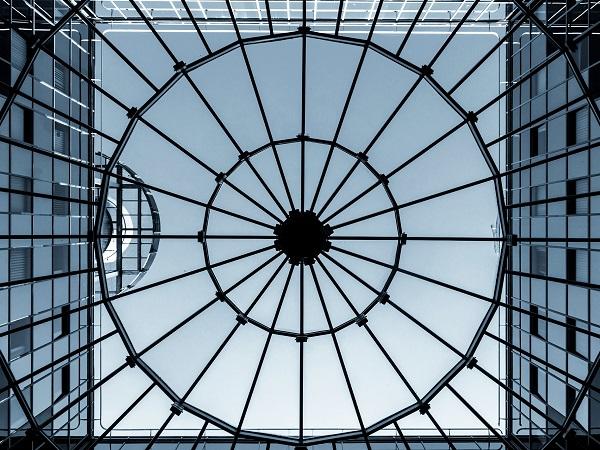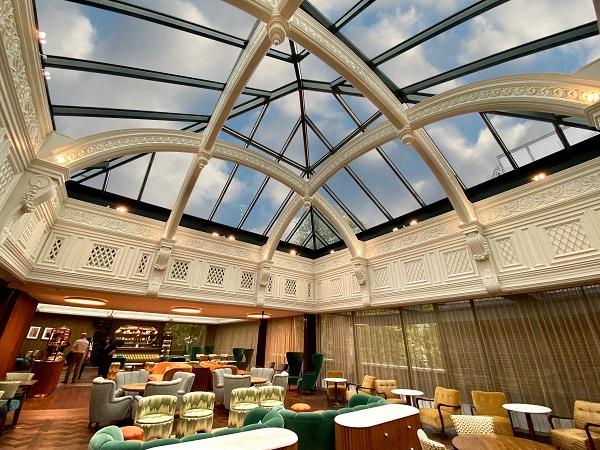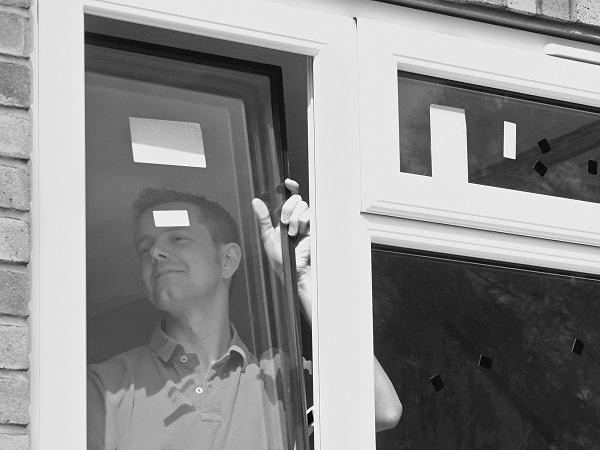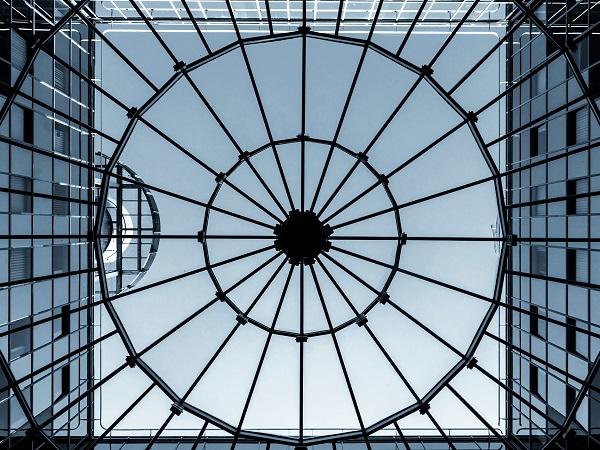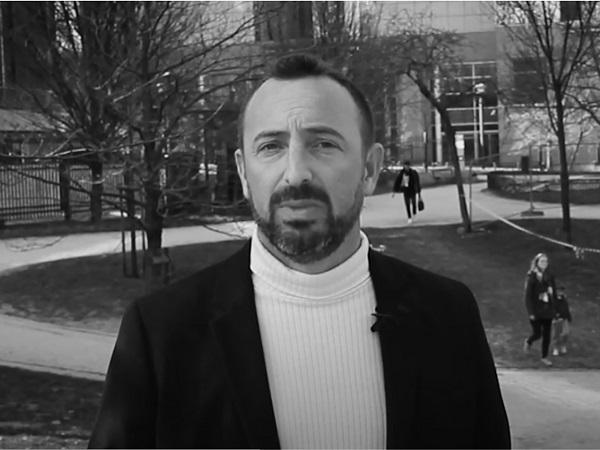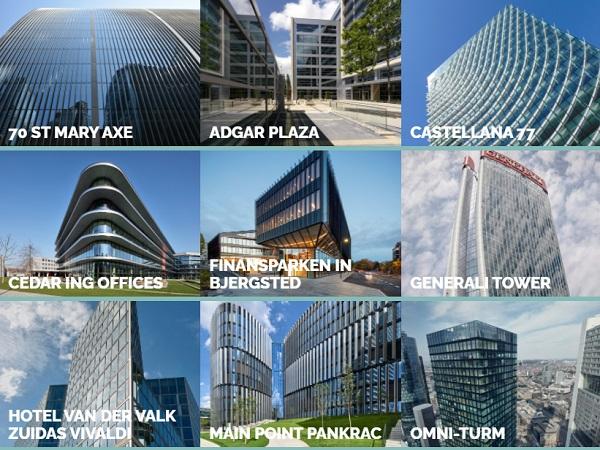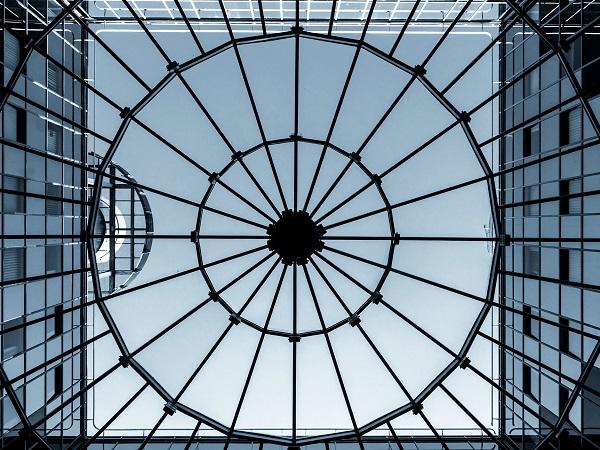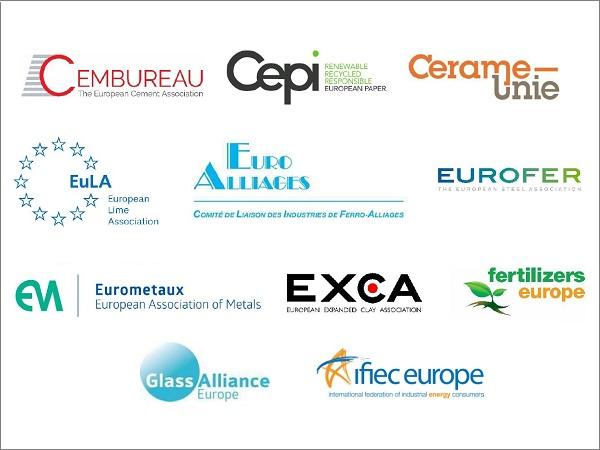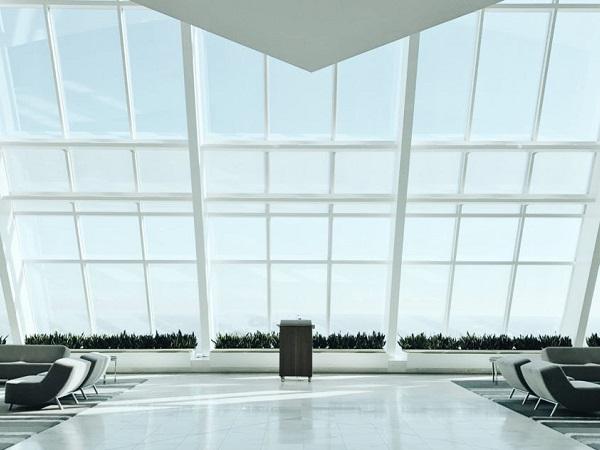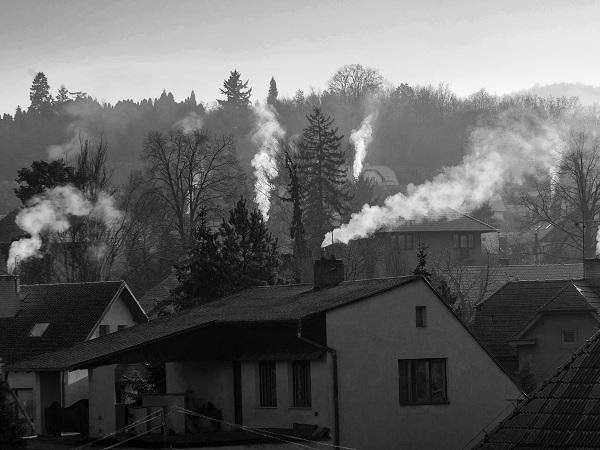Others also read
Glass recycling can offer many environmental and economic benefits, provided a proper framework enables the collection and sorting of high-quality materials.
An adequate and reliable design of the building structure is today more than necessary.
Glass for Europe reacted to today’s vote on the review of the Emissions Trading Scheme and the proposal for a Carbon Border Adjustment Mechanism with a video message from its Secretary General, Bertrand Cazes.
On june 23 & 24, sedak presents itself as gold sponsor at the international glass conference.
The Société de Chimie Industrielle will award the 2022 International Palladium Medal to Eastman Board Chair and Chief Executive Officer Mark J. Costa.
On May 5th 2022 Glass for Europe hosted its 2nd workshop on flat glass recycling.
On Friday 28 April, Bertrand Cazes, Secretary General of Glass for Europe, participated as a speaker to the 4th Innovative Glazing Global Summit.
Either as a tried-and-tested solution or innovative technology, our switchable sun protection glass keeps the heat out, offers reliable glare protection and saves a good deal of energy.
Glass for Europe has run calculations based on public data and energy performance models used by and developed for the European Commission. This paper presents the results of these calculations.
BAFTA partnered with glass specialist eyrise® to provide instant solar shading for a newly created fourth floor.
Glass for Europe believes that it is time for a coherent revision of the Energy Performance of Buildings Directive (EPBD).
On March 24, during Glass for Europe’s General Assembly, Joana Arreguy, Glass Industrial Director at Saint-Gobain, was elected Chairwoman of the Board of Directors of Glass for Europe.
Improvements needed to the recast of the Energy Performance of Building Directive (EPBD)
“Glazing will be essential to deliver truly sustainable buildings” affirms Glass for Europe’s Secretary General B. Cazes in an interview released for the Theme Park of GPD – Glass Performance Days.
Philippe Bastien is the Chairman of Glass for Europe and Regional President AGC Glass Europe.
Glass for Europe launches today a new section of its website and a video on the role of glass in sustainable buildings.
The EPBD has contributed to improving the energy performance of European buildings and our associations ARGE, European Aluminium, EPPA, ES-SO, EuroWindoor and Glass for Europe are strong supporters of this framework.
On February 17th, Glass for Europe answered to the public consultation on “Commercial vehicles – weights and dimensions (evaluation)”.
In both the European Parliament and the Council, the legislative debate on the fit for 55 package becomes more intense.
”Upgrade your living space: modernization with PVC windows”: New European renovation brochure and microsite to be published at the beginning of the year.
The European flat glass sector association releases today its recommendations on the Carbon Border Adjustment Mechanism.
The European flat glass sector association releases its recommendations on the review of the Emissions Trading Scheme Directive.
The energy-intensive industries call upon EU leaders to swiftly address the exponential increase in energy prices.
To decarbonise the EU building stock and boost its sustainability, the European Commission is on right tracks, but it needs to accelerate.
Glass for Europe has released its position paper on the extension of the EU ETS system to buildings and transport.

